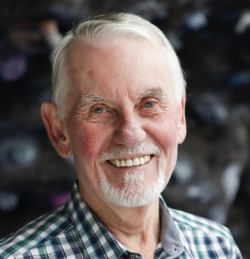This year’s Complexity and Management Conference on the theme of Complexity and Collaboration – implications for leadership and practice will be highly participative, and will involve lots of conversation about the everyday experience of trying to collaborate with others.
The outline programme is as follows:
Friday 5th June 9.30-5.00
Workshop on the main principles of the perspective of complex responsive processes: a highly participative introduction to complexity and its organisational implications drawing on delegates workplace experience – Chris Mowles.
OR
Improvising in the complexity of collaboration and conflict, a workshop introducing techniques of improvised theatre through ‘working live’ with professional actors on participants’ stories from their workplace. The workshop is convened by Prod Henry Larsen and Prof Karen Norman.
7.00pm Reception and conference dinner.
Saturday 6th June
9.00am Key note speech by Professor Barbara Simpson on the dynamics of collaborative leadership.
10.30 Break
11.00 Discussion groups on the key note.
12.30 Lunch
2.00 Workshops convened and presented by delegates on topics related to the conference theme.
3.30 Break
4.00 Workshops convened and presented by delegates on topics related to the conference theme round II.
5.30 End of day.
Sunday 7th June
9.00 Response to key themes emerging from yesterday.
10.30 Break
11.00 Discussion groups
12.00 Plenary
13.00 Lunch then conference ends.
It is possible for delegates to attend the workshops and not the conference, as well as the other way round. For those attending the Friday workshops only, lunch is included but not accommodation. For those attending only the conference, the conference fee includes all bed and board. The conference is held at the Roffey Park Institute.
You can book for the conference here.
Looking forward to seeing you there.




